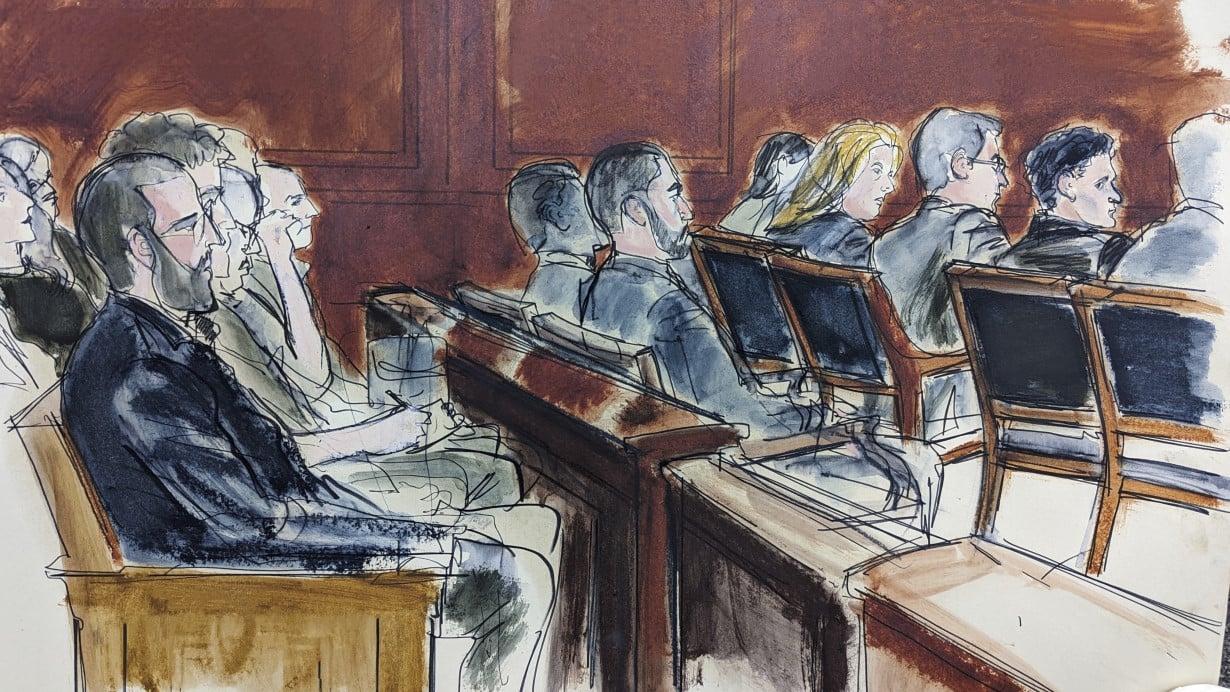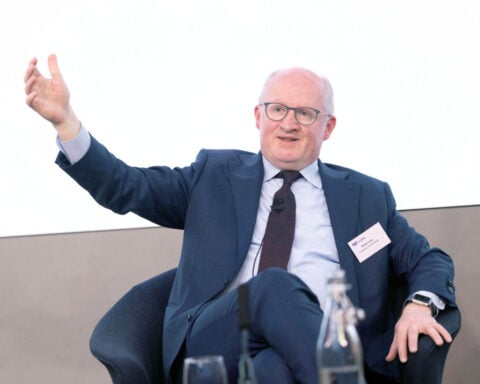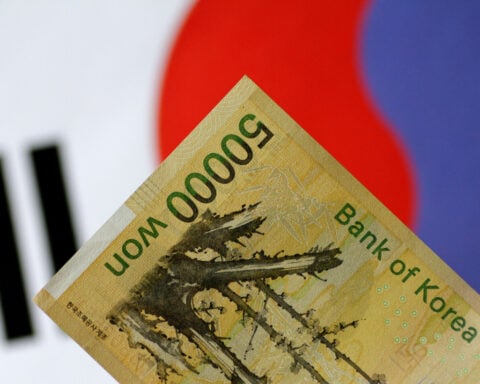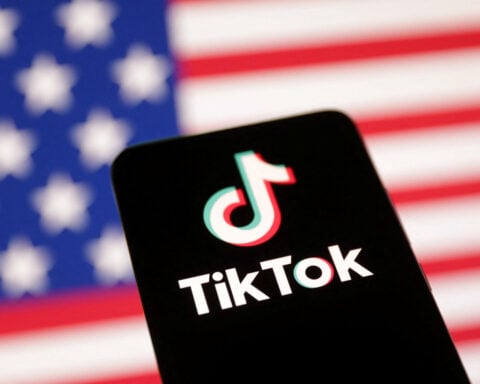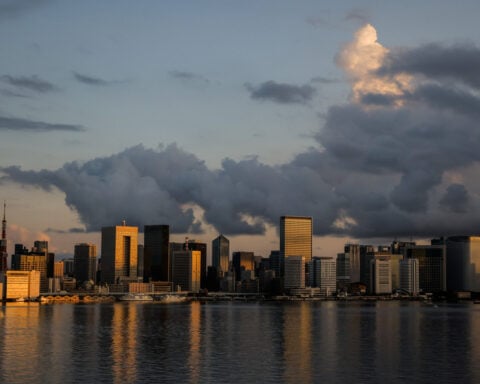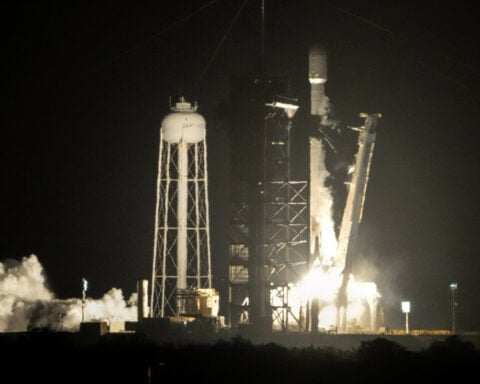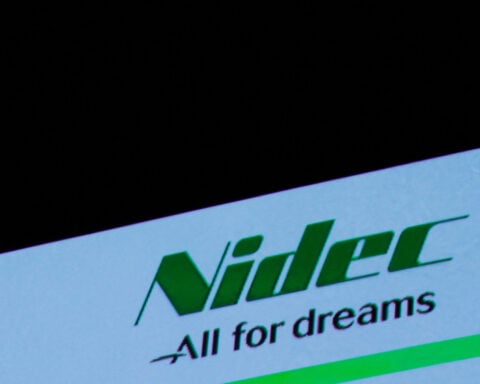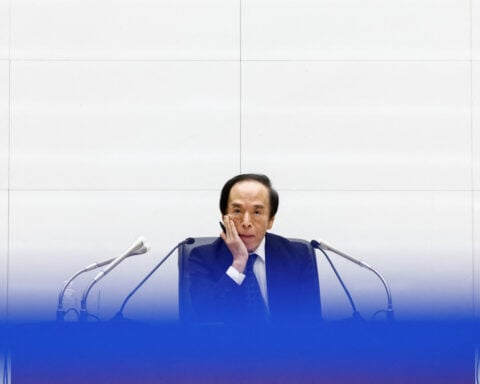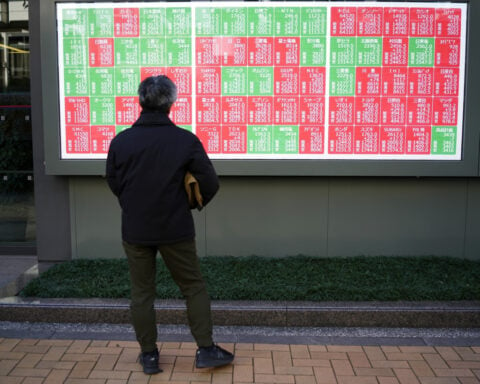NEW YORK (AP) — Jury selection began Tuesday in the fraud trial of FTX founder Sam Bankman-Fried after a prosecutor revealed that no discussions about a potential plea agreement took place in the nearly 10 months since the cryptocurrency executive was arrested and brought to the United States.
Once a billionaire, the 31-year-old crypto mogul faces the possibility of a long prison term if convicted at a trial projected to last up to six weeks. In a makeover for trial, Bankman-Fried gave up his wild big-hair look for a scissored-down trim more common in the financial industry. Introduced to jurors, he briefly stood in his suit and tie and turned their way.
Nearly 50 prospective jurors were sent home and told to return Wednesday, when it was expected that a jury of 12 individuals and six alternates would be in place by late morning so opening statements could begin.
Prosecutors say Bankman-Fried defrauded people and financial institutions who had accounts worth billions of dollars at the cryptocurrency exchange by illegally diverting massive sums of their money for his personal use, including making risky trades at his cryptocurrency hedge fund, Alameda Research. He's also accused of using customer money to buy real estate and make big political contributions to try to influence government regulation of cryptocurrency.
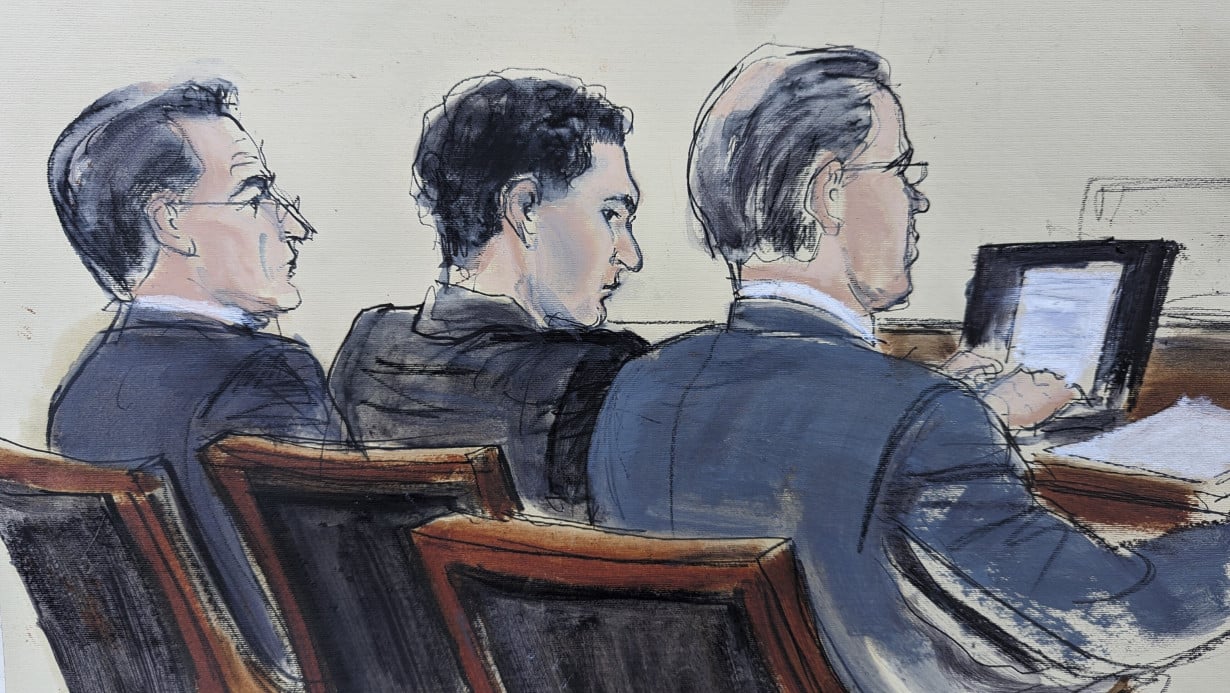
U.S. Attorney Damian Williams, who is overseeing the prosecution, has called it one of the biggest frauds in the country's history.
Before the first prospective jurors were brought into a Manhattan courtroom, Assistant U.S. Attorney Nicolas Roos said that the government “early on” raised the question with lawyers for Bankman-Fried about whether negotiations aimed at resolving the case with a plea should take place.
“There were no discussions about a plea, and the government never made any plea offers,” he said. Mark Cohen, a defense lawyer, agreed.
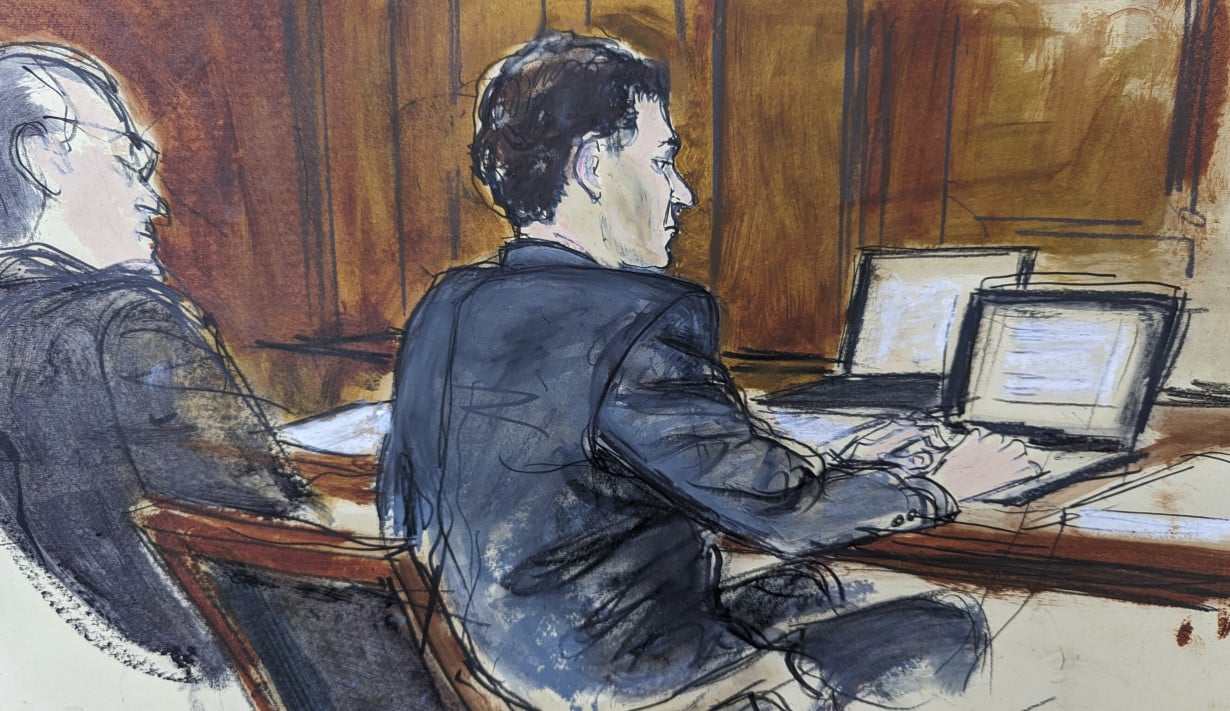
Judge Lewis A. Kaplan posed nearly 50 questions to the jury pool to ensure that jurors would be fair regardless of what they had heard about the case or whether their life history included experiences with crime, law enforcement, the financial world and cryptocurrency.
A few jurors said they could be fair even though they had lost money through investments in cryptocurrency.
But at least two had doubts. One man said he lost a lot with a cryptocurrency investment, and his twin brother lost so much that “it almost ruined him.” A woman said it would be hard to forget during the trial about a friend who killed himself more than a dozen years ago after getting swept up in a Ponzi scheme.
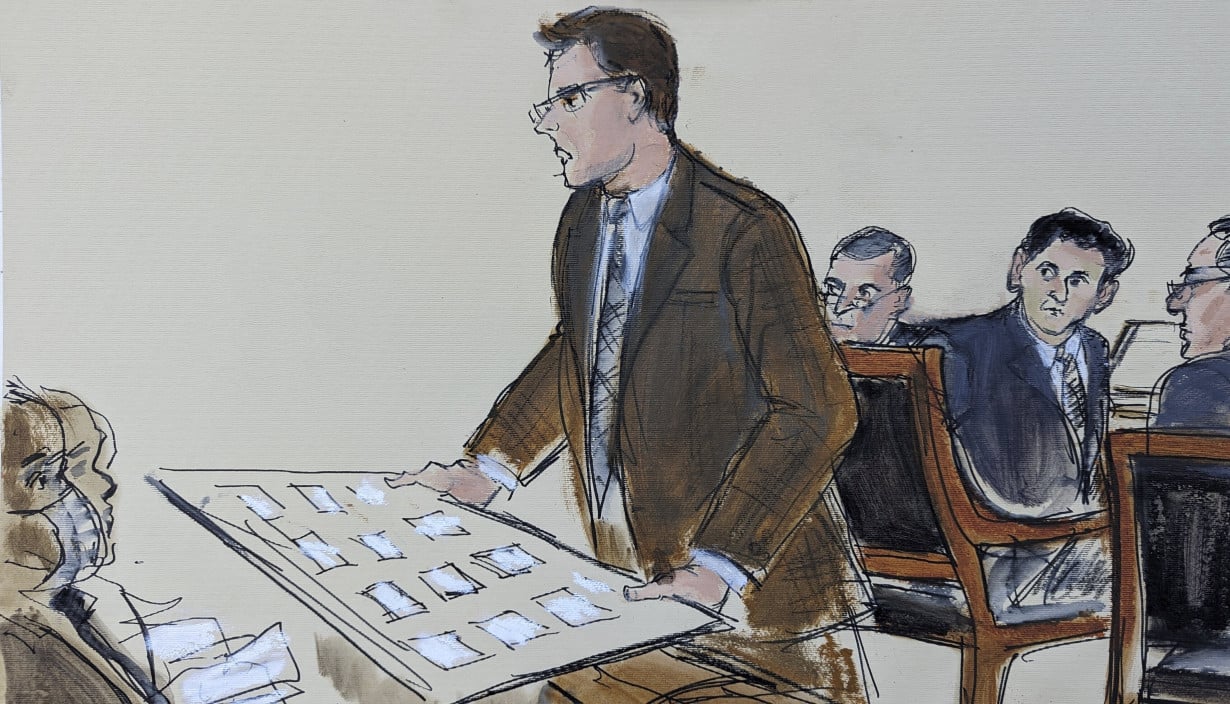
In interviews and social media posts, Bankman-Fried has acknowledged making huge mistakes while running FTX but insisted he had no criminal intent.
He has blamed FTX's collapse last November on vindictive competitors, his own inattentiveness and fellow executives who he said failed to manage risk properly.
“I didn’t steal funds, and I certainly didn’t stash billions away,” he said in a post earlier this year on the online platform Substack.
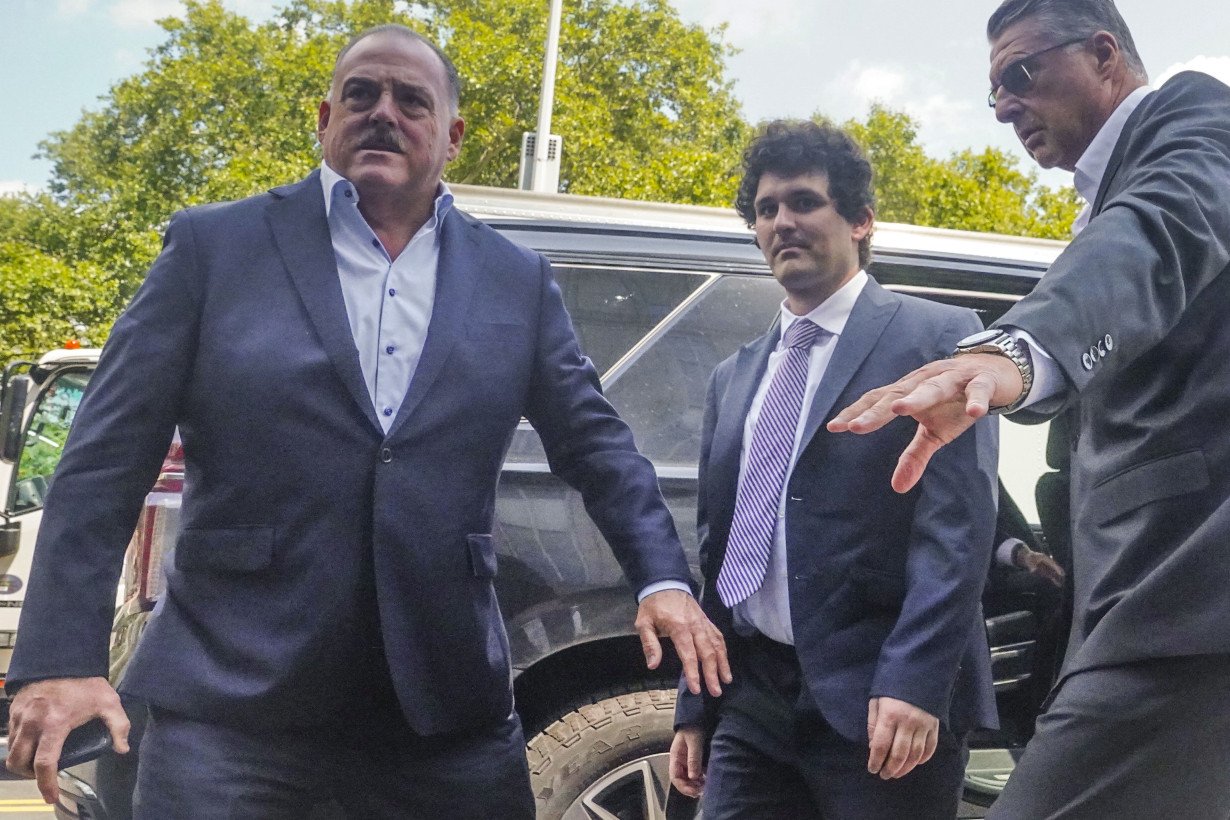
As recently as early last fall, Bankman-Fried portrayed himself as a stabilizing force in the cryptocurrency industry. He spent millions of dollars on celebrity advertisements during the 2022 Super Bowl that promoted FTX as the “safest and easiest way to buy and sell crypto” and “the most trusted way to buy and sell” digital assets.
Comedian Larry David, along with other celebrities such as football star Tom Brady and basketball star Stephen Curry, have been named in a lawsuit that argued their celebrity status made them culpable for promoting the firm’s failed business model.
Bankman-Fried is charged with wire fraud and conspiracy. The trial is expected to end before Thanksgiving.
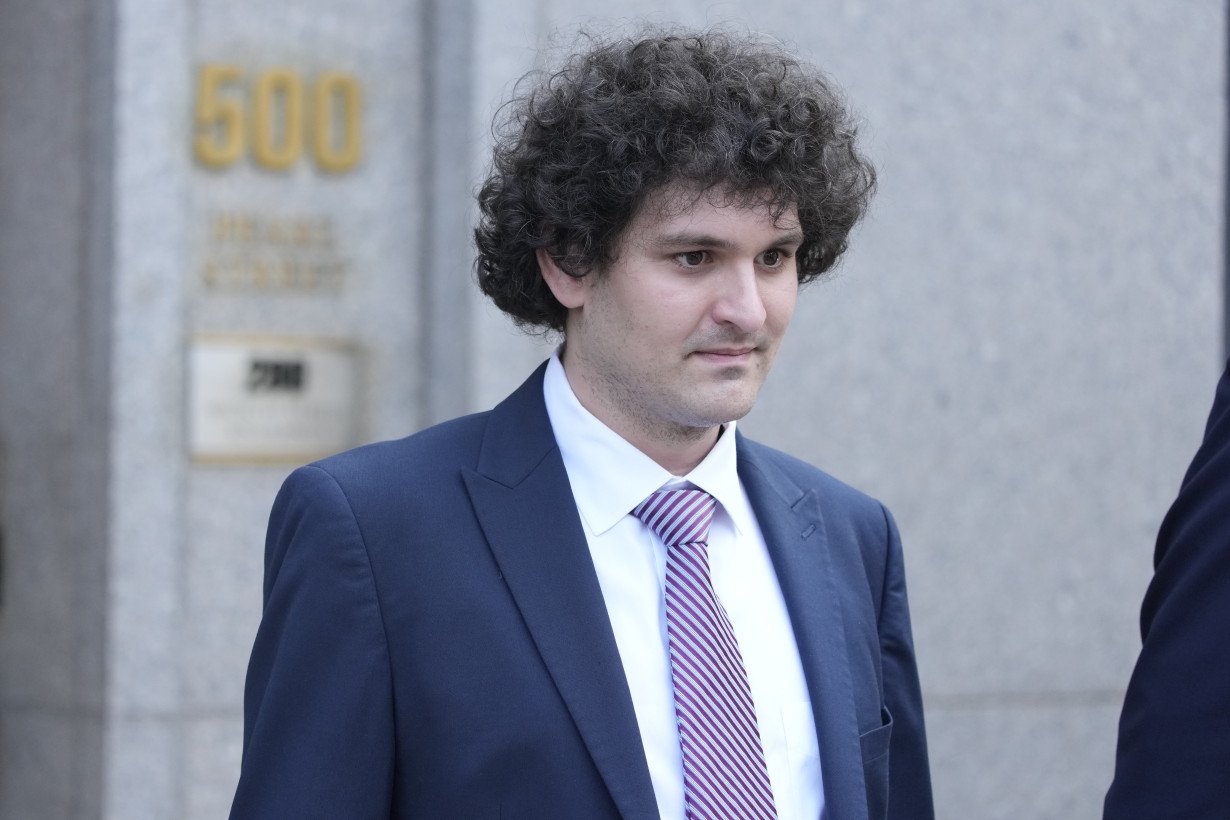
He agreed to be extradited to the United States after his arrest in the Bahamas last December. That was weeks after FTX collapsed in something equivalent to an old-fashioned bank run. Customers pulled deposits en masse amid reports questioning its financial arrangements.
While his plane to the U.S. was in the air, authorities announced that two of his top executives had secretly pleaded guilty to fraud charges and were prepared to testify against him. They were Bankman-Fried's former girlfriend Carolyn Ellison, who had been the chief executive of Alameda Research, and Gary Wang, who co-founded FTX.
Initially freed on a $250 million personal recognizance bond, Bankman-Fried was confined to his parents' home in Palo Alto, California, until Kaplan ordered him jailed last month after concluding that he had tried to influence witnesses, including Ellison and an FTX general counsel.
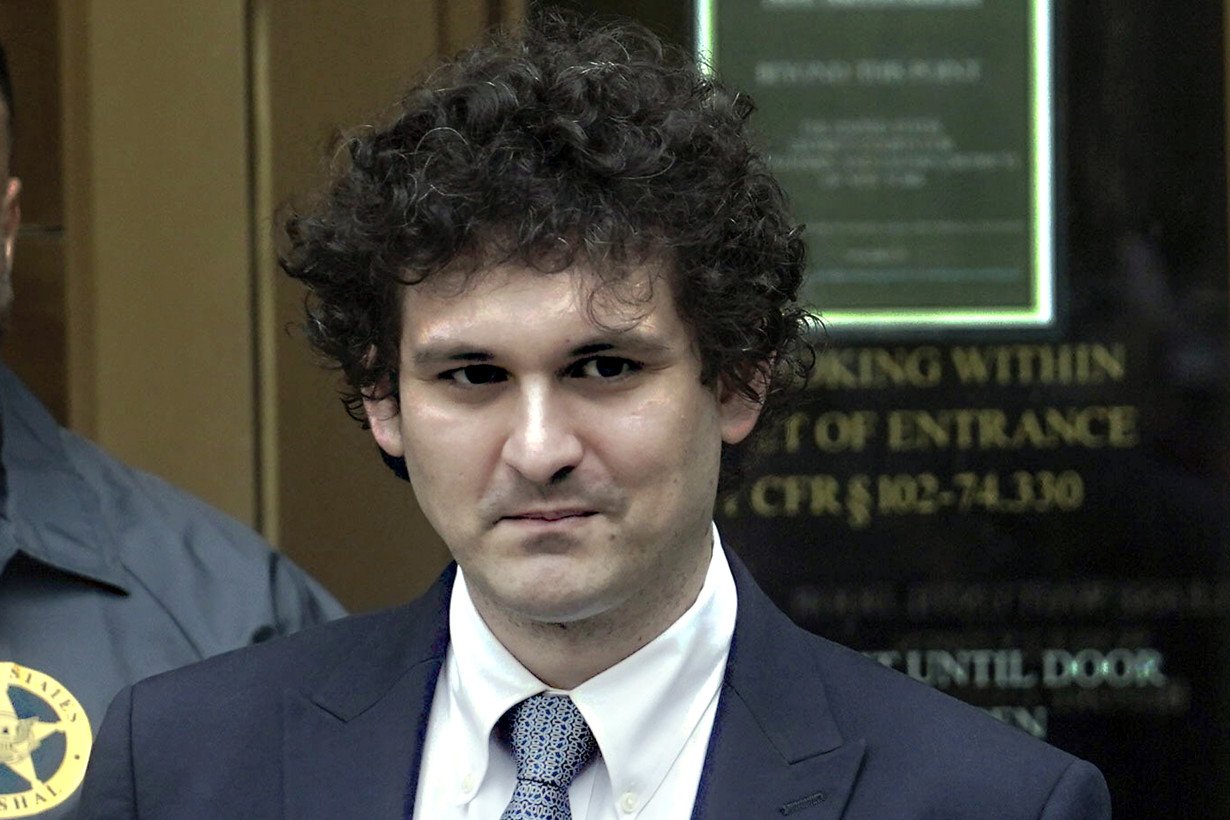
His lawyers have appealed that decision and repeatedly said their client can't properly prepare for trial. But the 2nd U.S. Circuit Court of Appeals in Manhattan rejected an appeal of the detention order, finding that relevant factors had been thoroughly considered and that defense arguments were unpersuasive.
On Tuesday, before jury selection began, the judge told Bankman-Fried that he will be given the chance to testify during the trial, even if his lawyers advise against it.
“They can’t make the decision for you. It’s your call,” the judge said.
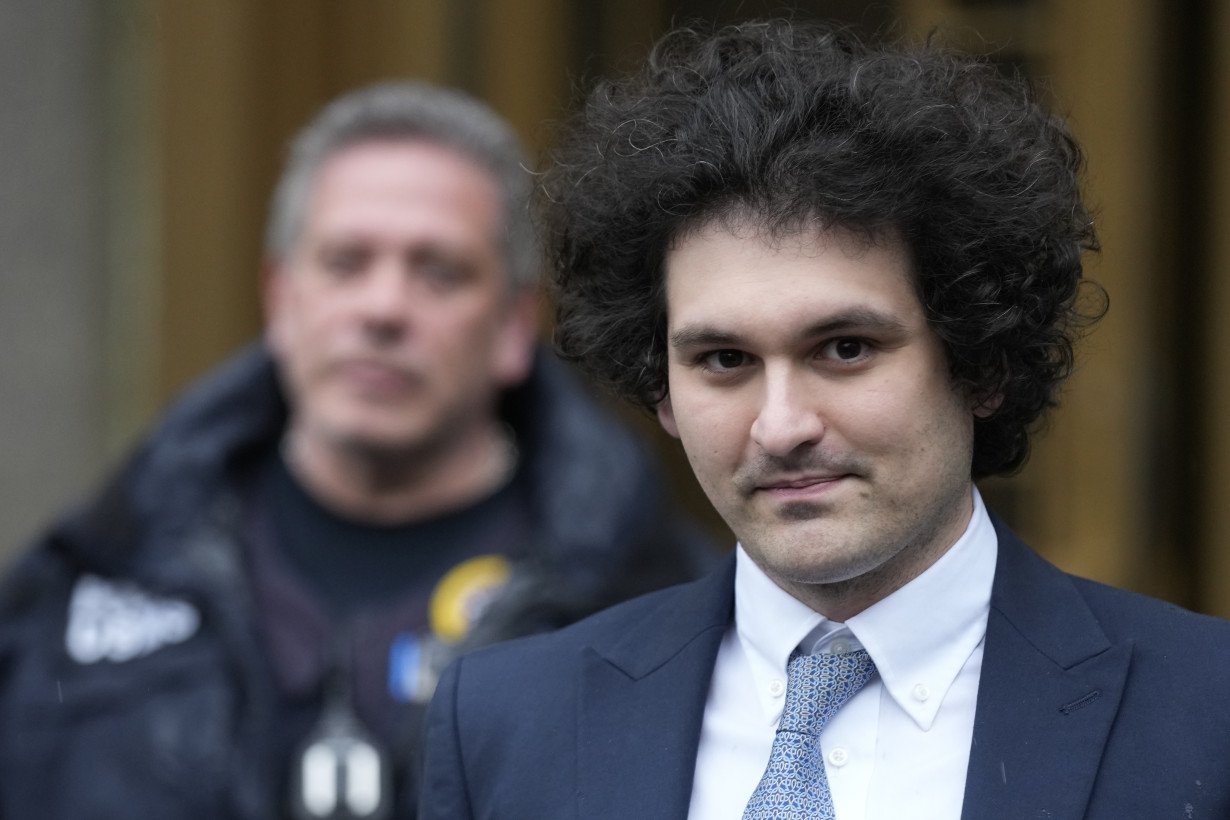

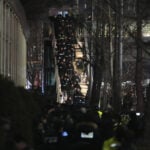 A look at the events that led up to the detention of South Korean President Yoon Suk Yeol
A look at the events that led up to the detention of South Korean President Yoon Suk Yeol
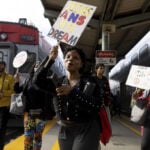 The long struggle to establish Martin Luther King Jr. Day
The long struggle to establish Martin Luther King Jr. Day
 Two private lunar landers head toward the moon in a roundabout journey
Two private lunar landers head toward the moon in a roundabout journey
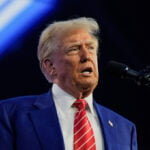 Trump's Greenland bid stirs debate in China about what to do with Taiwan
Trump's Greenland bid stirs debate in China about what to do with Taiwan
 TikTok preparing for U.S. shut-off on Sunday, The Information reports
TikTok preparing for U.S. shut-off on Sunday, The Information reports
 Japan's Makino Milling requests changes to unsolicited bid from Nidec
Japan's Makino Milling requests changes to unsolicited bid from Nidec
 As Los Angeles burns, Hollywood's Oscar season turns into a pledge drive
As Los Angeles burns, Hollywood's Oscar season turns into a pledge drive
 As fires ravage Los Angeles, Tiger Woods isn't sure what will happen with Riviera tournament
As fires ravage Los Angeles, Tiger Woods isn't sure what will happen with Riviera tournament
 Antetokounmpo gets 50th career triple-double as Bucks win 130-115 to end Kings' 7-game win streak
Antetokounmpo gets 50th career triple-double as Bucks win 130-115 to end Kings' 7-game win streak
